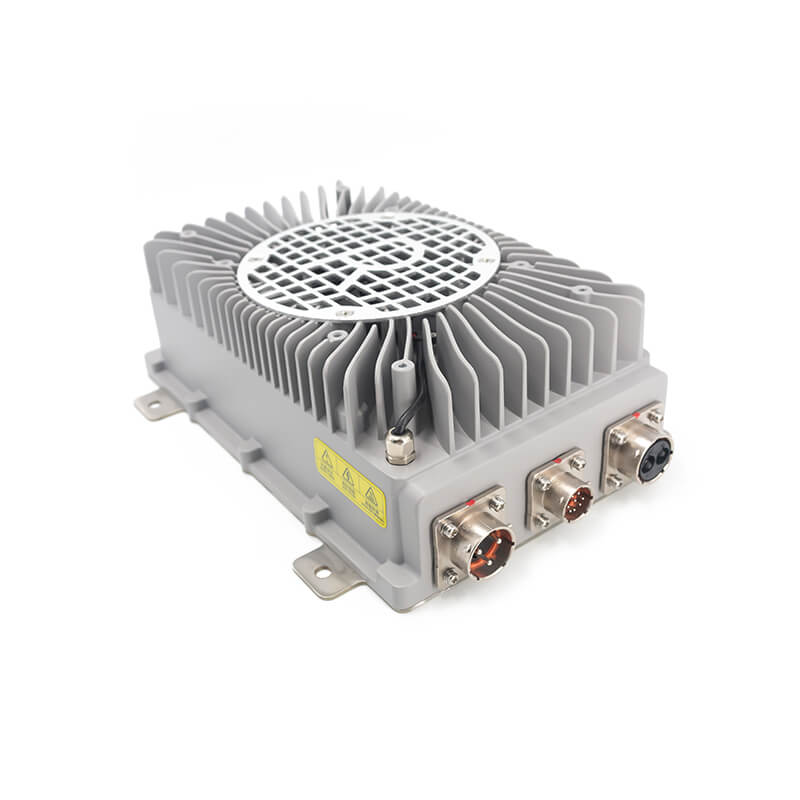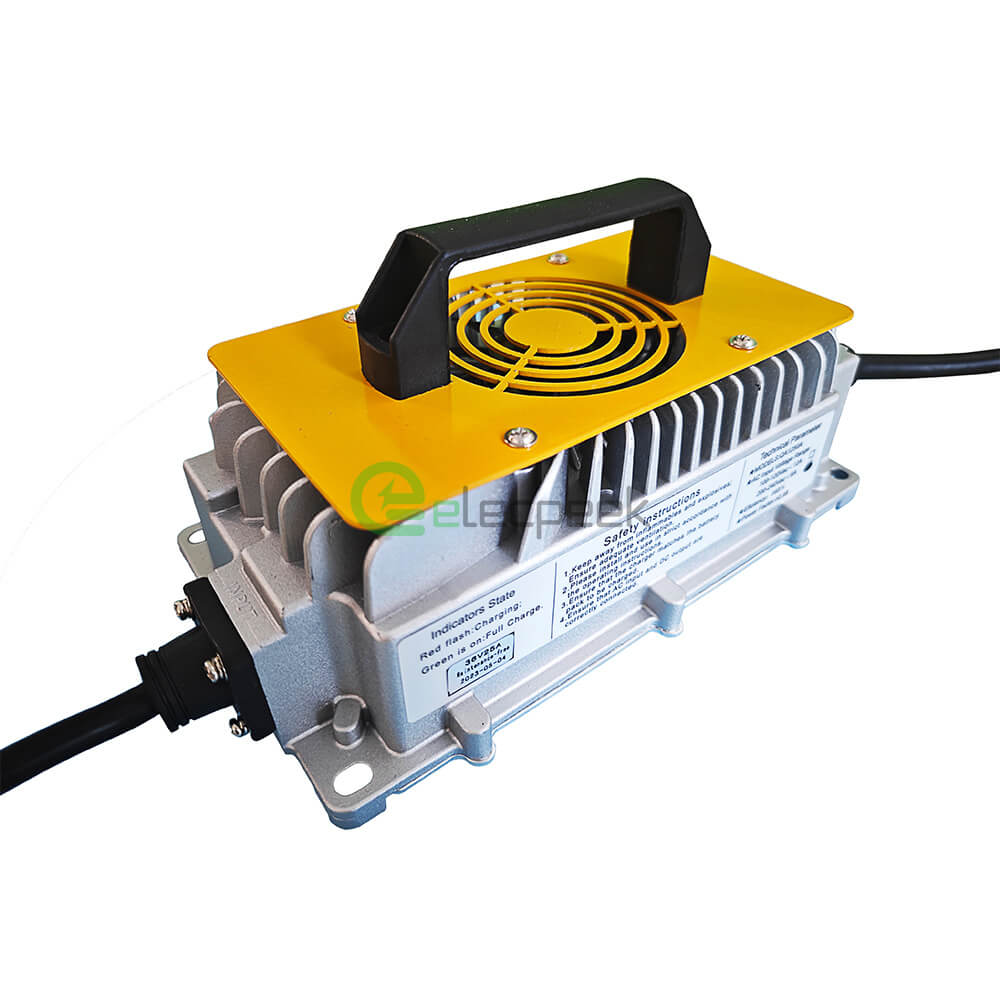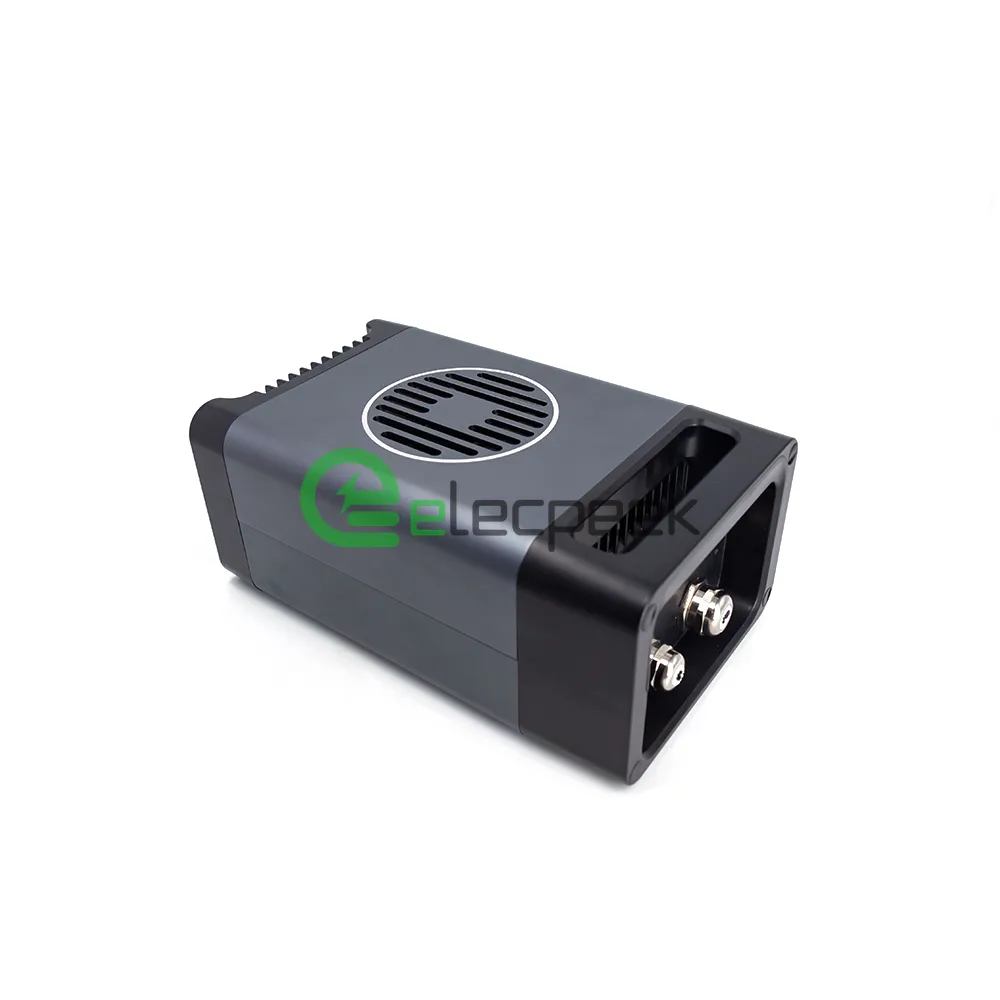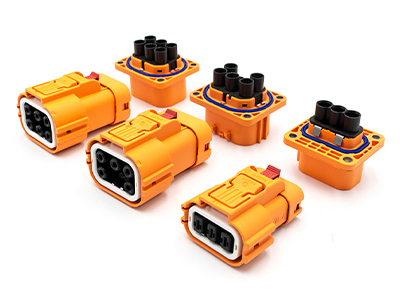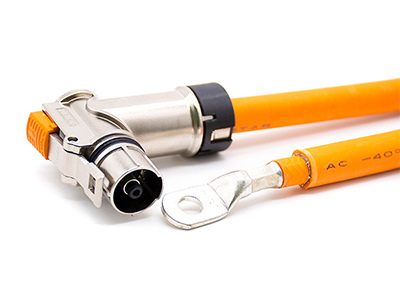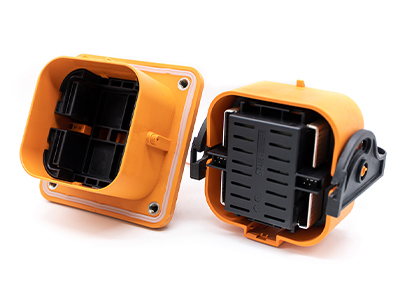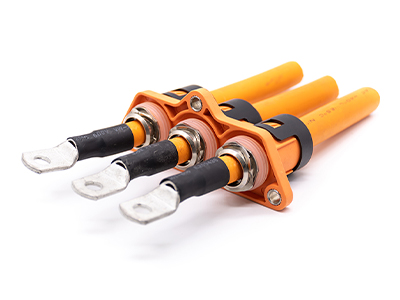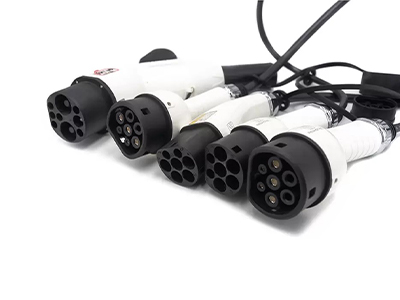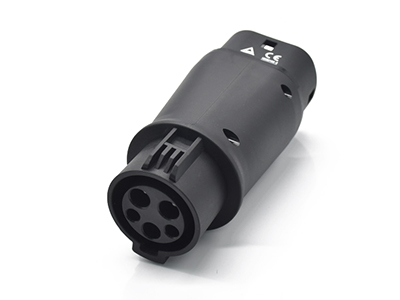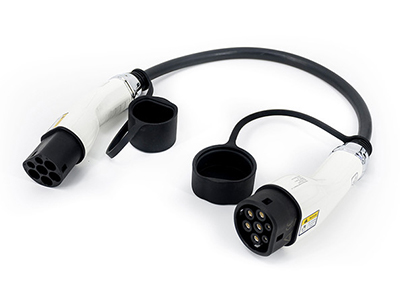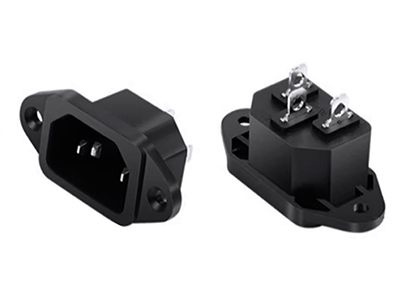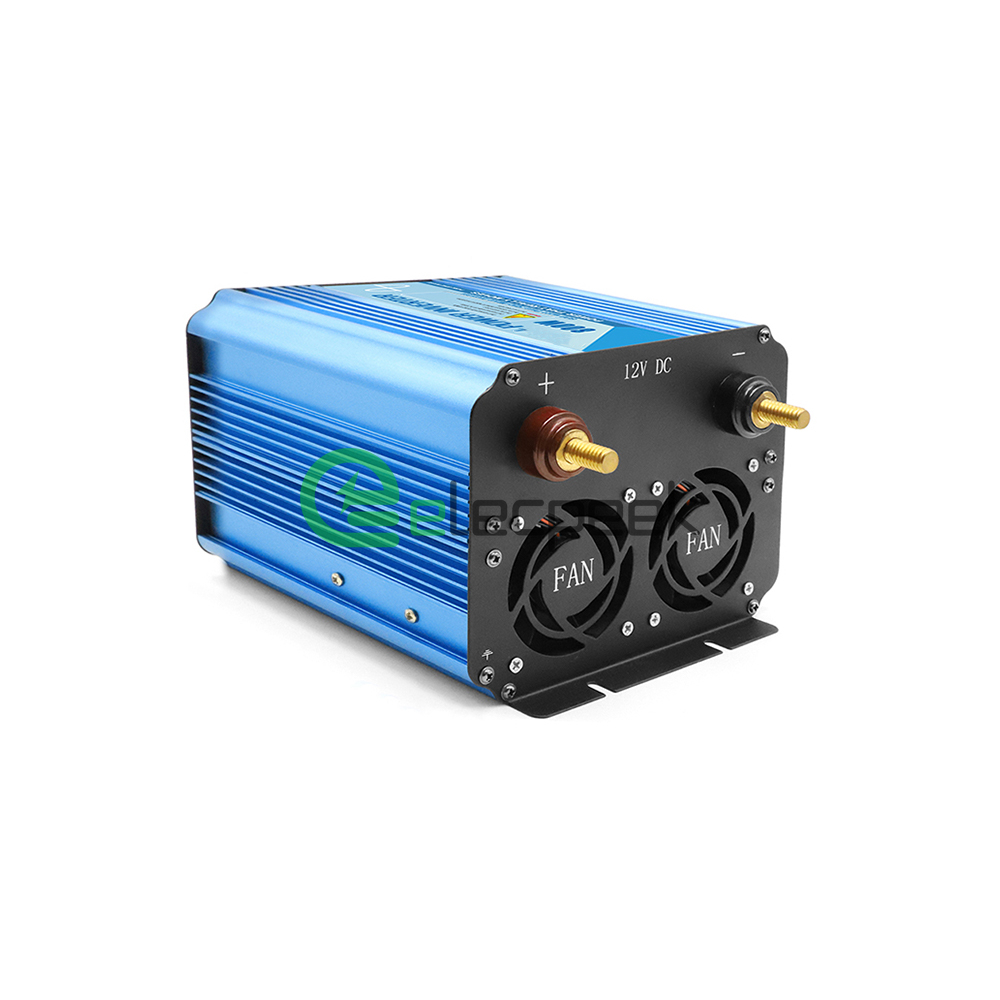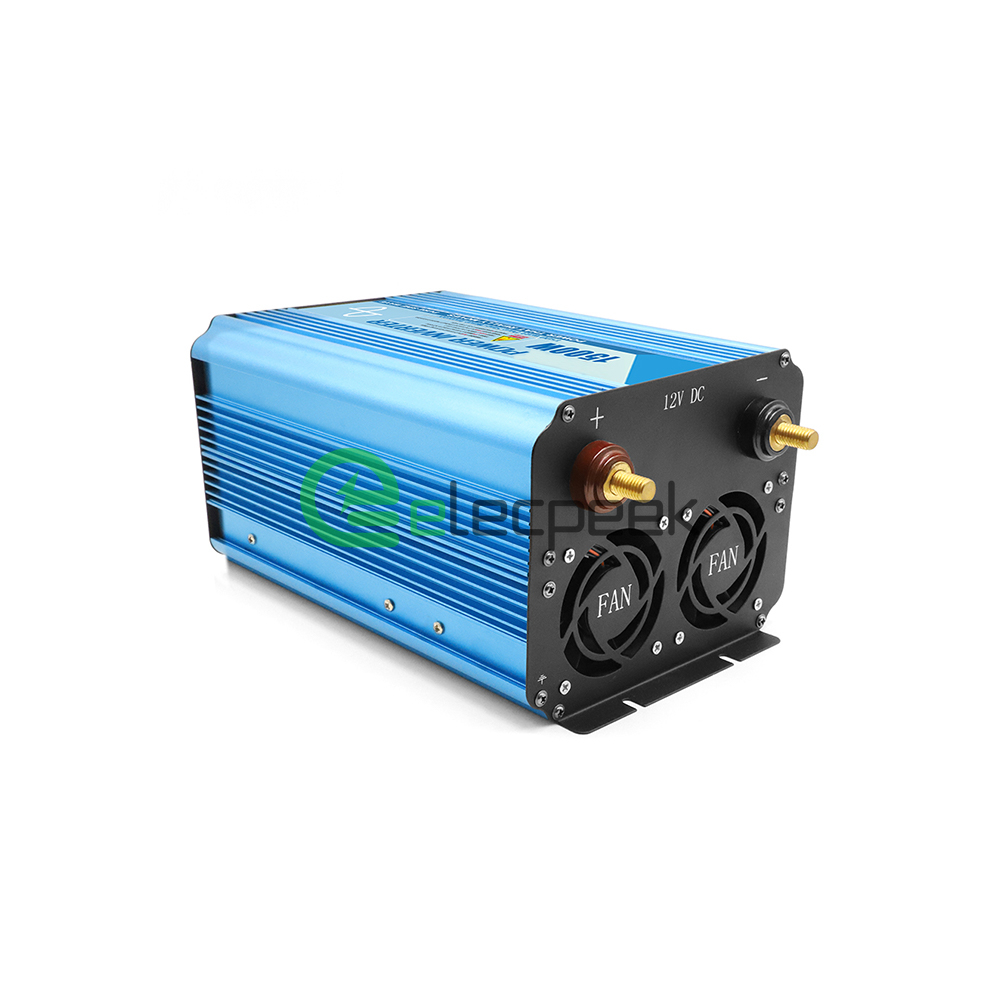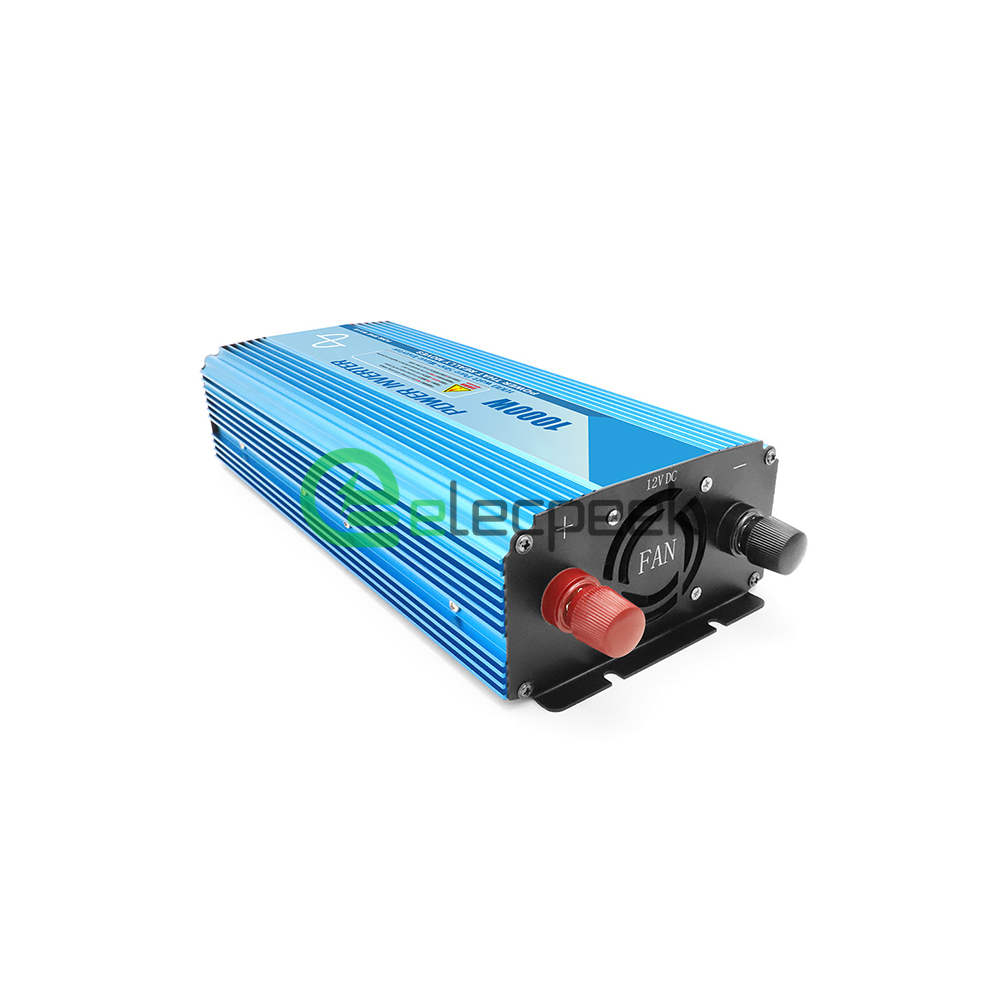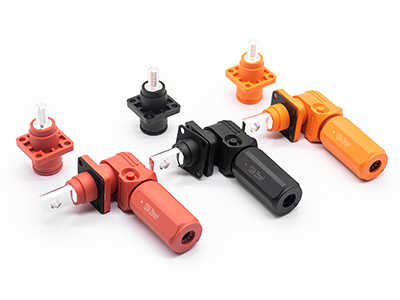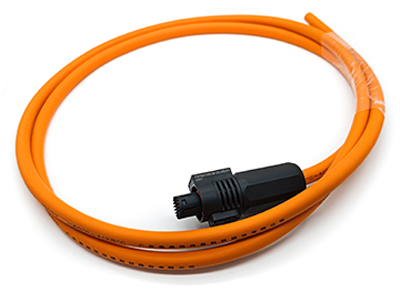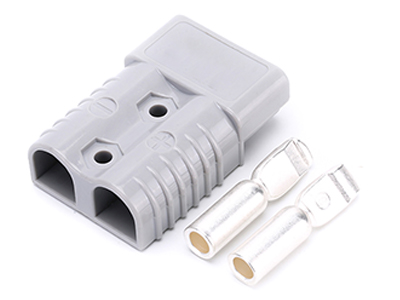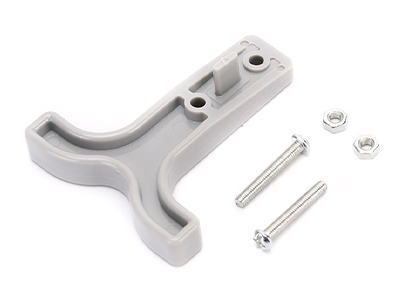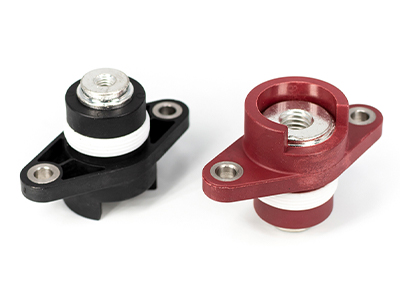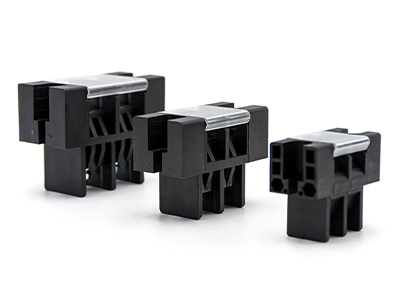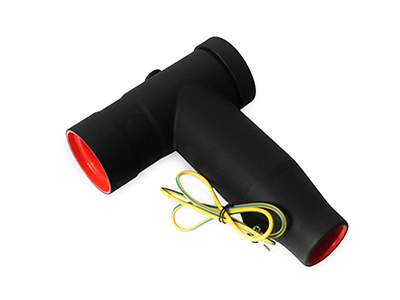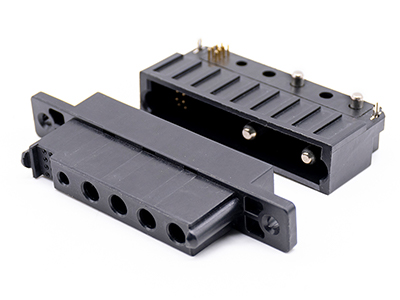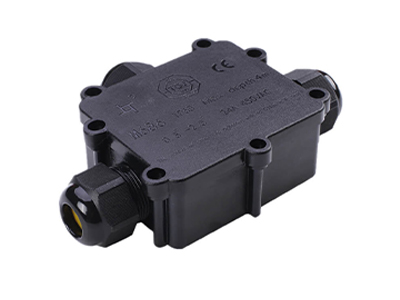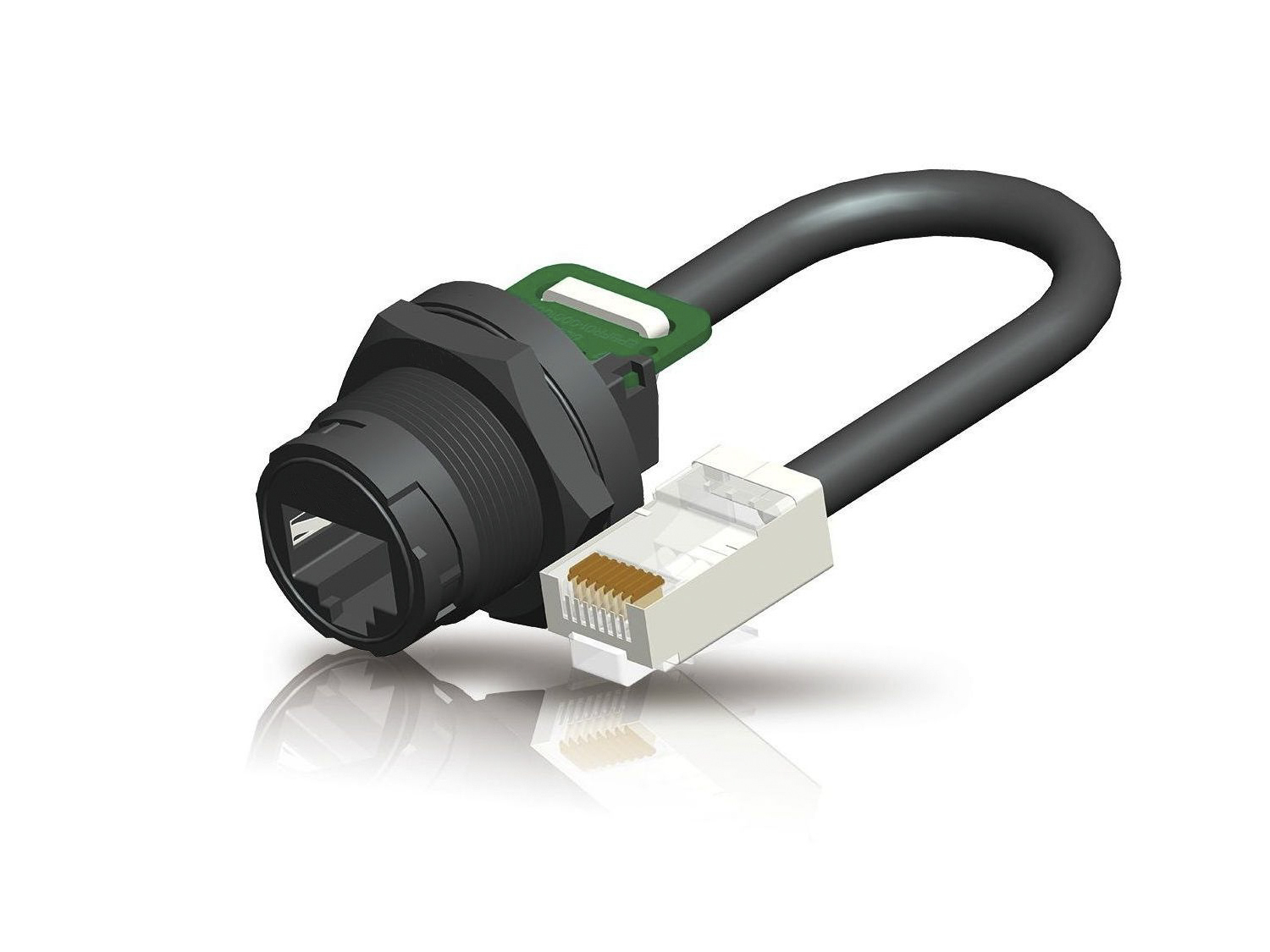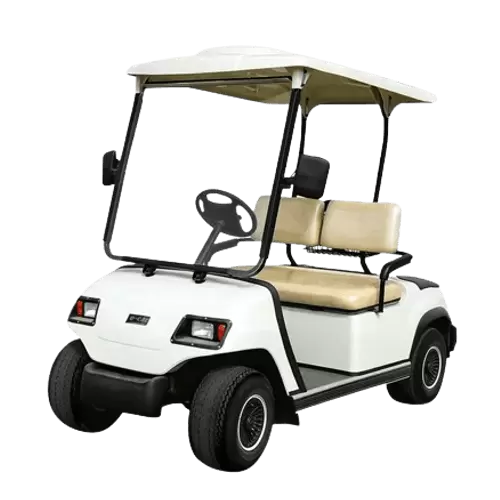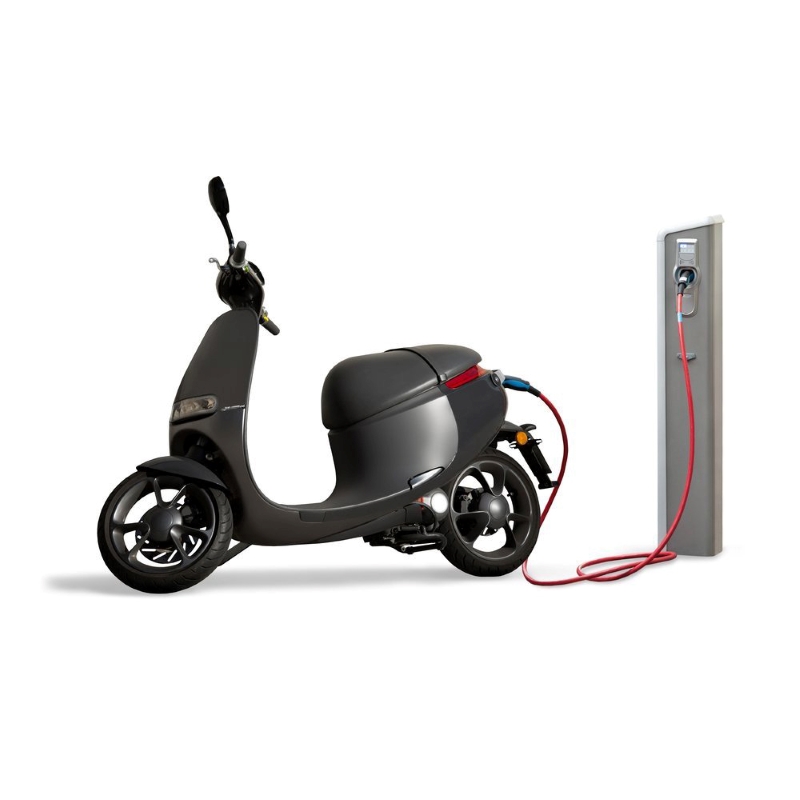Have you ever been stuck in a DIY project because you couldn’t figure out how to detach a 2 pin connector? Yes, those little plastic-and-metal devils that often appear more complex than they really are. Whether it’s for a car repair, an electronic fix, or a home improvement task, knowing how to remove 2 pin […]
Category Archives: FAQ
Electrification has sent shockwaves through the automotive world, with the humble electric vehicle (EV) charger becoming as essential as the gas pump. Among these, the SAE J1772 plug holds a significant place. Let’s embark on a journey to understand the key components of this marvel. The Body of the Beast: The J1772 Plug Housing Say […]
The SAE J1772 plug, a pioneer in the electric vehicle (EV) industry, has become a cornerstone for charging electric vehicles globally. This is largely attributed to its versatile advantages that provide convenience, safety, and future-proofing. Let’s delve into a more detailed exploration of the key benefits of this widely adopted technology. Interoperability: Universally Accepted Standard […]
Electric vehicles (EVs) are increasingly popular worldwide due to their environmental benefits and their potential to transform the transportation industry. However, with the surge in the EV market, charging them effectively and efficiently has become critical. At the center of this is the SAE J1772 plug, the standard for charging most electric vehicles in North […]
In brief: No, J1772 plugs are not compatible with Level 3 DC fast charging stations as they are designed for Level 1 and Level 2 AC charging. The SAE J1772 plug, widely recognized as a standard charging interface for electric vehicles (EVs) in regions such as North America, is primarily designed for Level 1 (120V […]
In brief: Indeed, you can retrofit an existing EV with a J1772 inlet, but it’s not a DIY job – you’ll need a professional’s touch and ensure it complies with all necessary safety standards and regulations. The SAE J1772 plug has become something of an industry norm in several parts of the globe, including North […]
In brief: Yes, J1772 plugs are designed to be waterproof and safe for use in all weather conditions. Diving deeper, the SAE J1772 plug, a standard for electric vehicle conductive charge couplers introduced by the Society of Automotive Engineers (SAE), has been thoughtfully designed to ensure safety and reliability under various environmental conditions, including rain […]
In brief: No, a J1772 plug is not designed for DC fast charging, it is primarily used for Level 1 and Level 2 AC charging. Expanding on this, the SAE J1772 plug is a standardized connector designed by the Society of Automotive Engineers (SAE). It lays out the physical and electrical specifications for the charging […]
In a nutshell: NO, the majority of electric vehicles (EVs) are compatible with the SAE J1772 plug, but exceptions do exist. Unpacking this in more detail, the SAE J1772 plug is standard for electric vehicle conductive charge couplers introduced by the Society of Automotive Engineers (SAE). This standard serves as a blueprint for the electrical […]
In a nutshell: Yes, you can charge your electric vehicle (EV) with a J1772 plug at home, given that you have the necessary equipment and setup. Let’s dive into this topic with a more thorough explanation. SAE J1772 is a North American standard for electrical connectors for electric vehicles maintained by the Electric Vehicle (EV) […]

